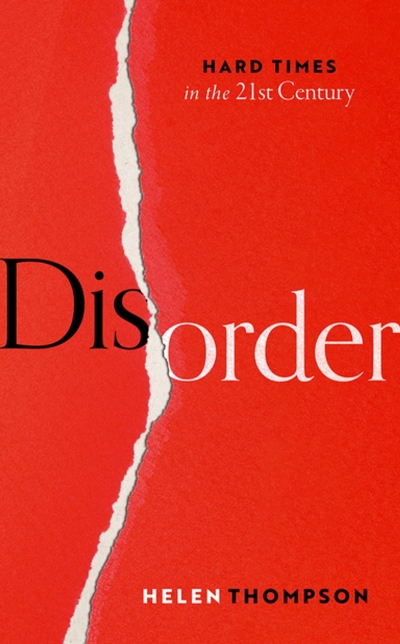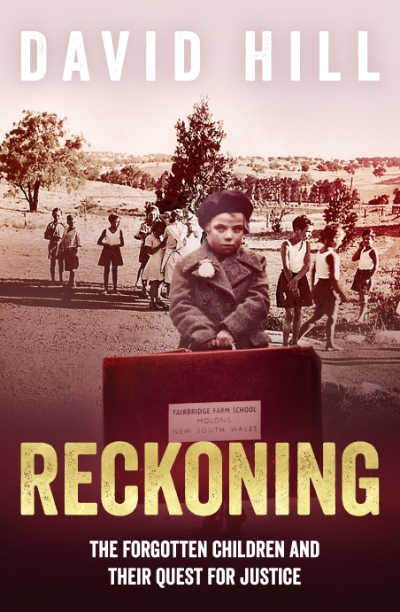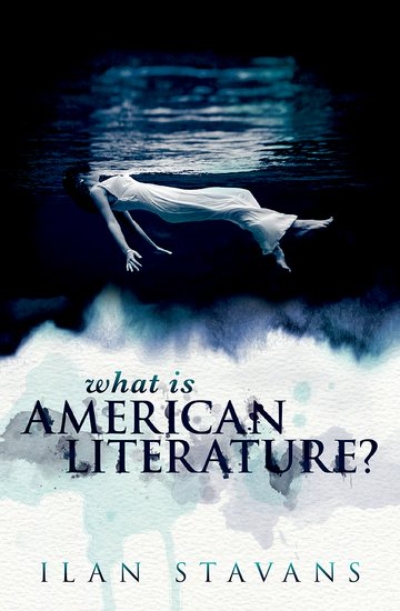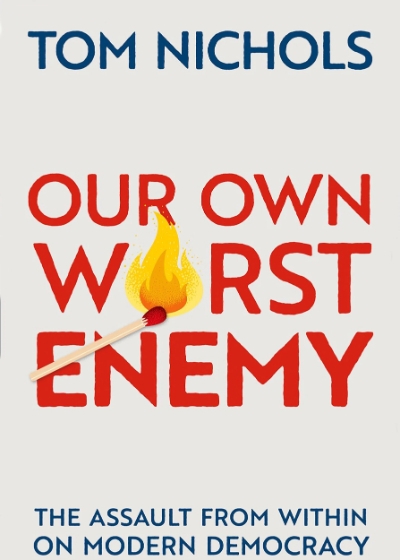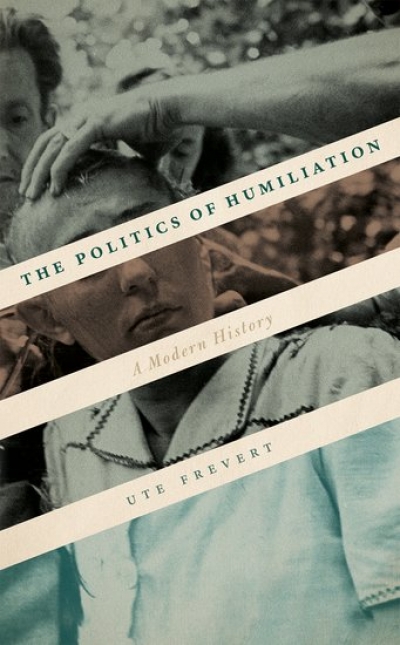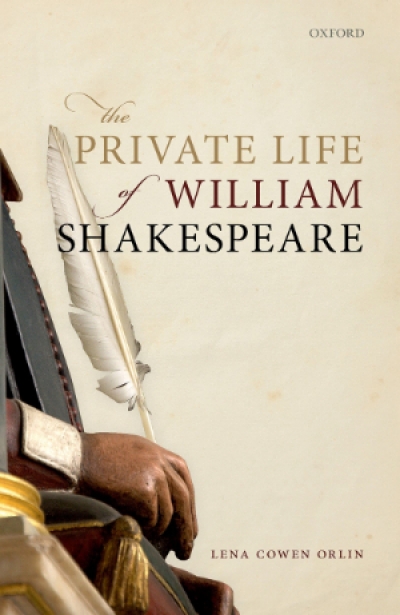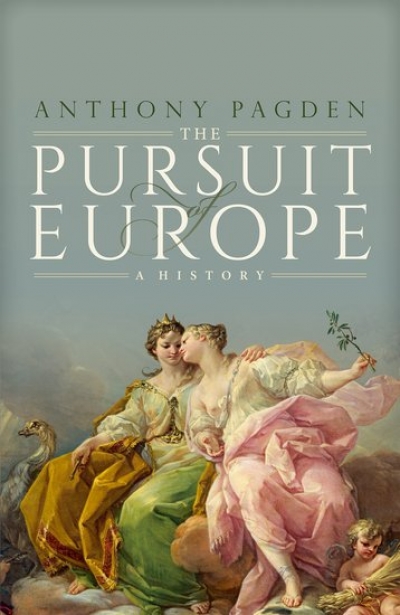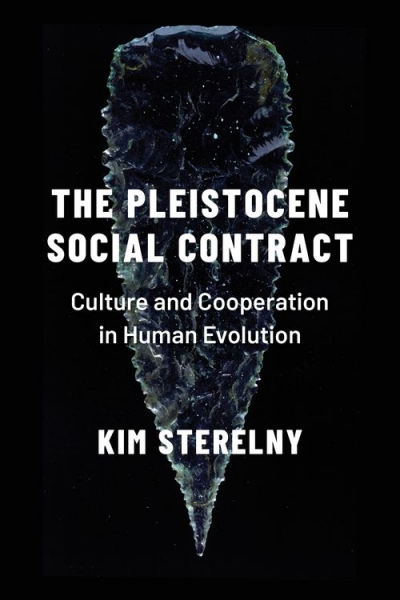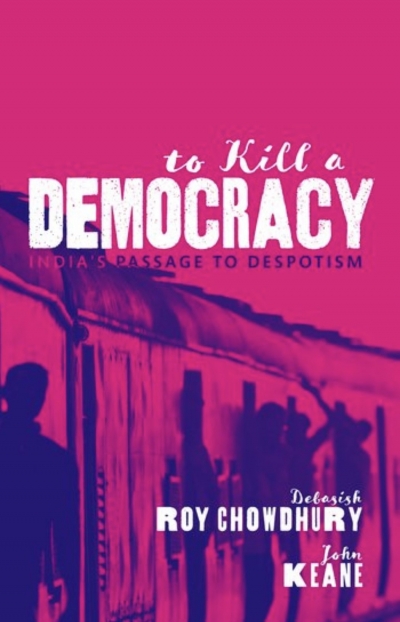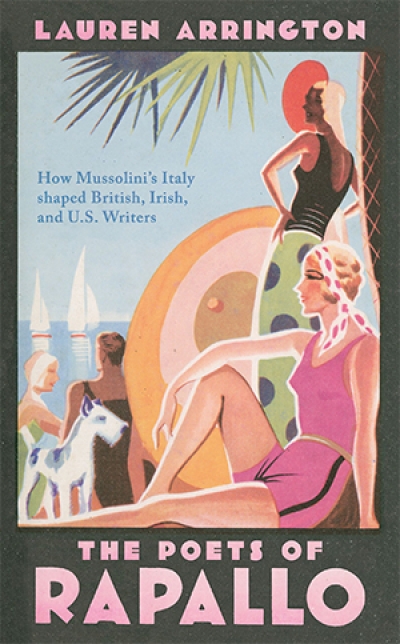Oxford University Press
Reckoning: The forgotten children and their quest for justice by David Hill
by Jacqueline Kent •
Our Own Worst Enemy: The assault from within on modern democracy by Tom Nichols
by Glyn Davis •
The Pleistocene Social Contract: Culture and cooperation in human evolution by Kim Sterelny
by Janna Thompson •
To Kill a Democracy: India’s passage to despotism by Debasish Roy Chowdhury and John Keane
by Ian Hall •

